By: Diane Ring
Across the globe, policy makers are wrestling with the possibility that the nature of work is changing and that those changes might be positive or negative. One of the most prominent changes identified is the rise of “non-standard” work, essentially work that is not part of a traditional employer-employee relationship. The rise of the gig economy, and perhaps its even greater growth in the public imagination, have fueled concerns about the prospect of disappearing employment and its replacement with less stable and less desirable non-employee work options.
The degree to which this shift is taking place is an empirical question which has been difficult to pin down. As my co-author Shu-Yi Oei and I have explored in our paper, Tax Law’s Workplace Shift (forthcoming in the Boston University Law Review), data on the changing nature of work comes from empirical studies, which suffer from limitations due to the questions asked, the terminology employed, and comparability of studies over time and across databases. But regardless of any precise conclusions on the rate at which work is changing, there are valid reasons to be concerned and inquire about the impact of tax law on any such shifts. The OECD has begun to weigh in on these questions, releasing a new working paper entitled Taxation and the Future of Work: How Tax Systems Influence Choice of Employment Form, by Anna Milanez and Barbara Bratta (March 21, 2019).
The OECD Project
In this paper, the OECD tackles the question of whether tax considerations may be driving any increases in non-standard work. Using three labor scenarios—traditional employee, self-employed worker, and incorporated worker (e.g., a personal services corporation)—the paper asks how the tax burdens change across the three labor scenarios in eight test countries (including the United States).
In particular, the paper measures the “tax payment wedge” in each labor scenario in each country.
Payment wedge = total employment costs minus worker take home pay total employment costs
where total employment costs equal take home pay, income tax, employee social security contributions, employer social contributions, and payroll taxes minus any cash transfers (i.e. cash payments from the government to the worker, such as those made with respect to dependent children).
What did the OECD find across these eight test countries? Continue reading “Tax and Changing Labor Markets: The OECD Weighs In” →
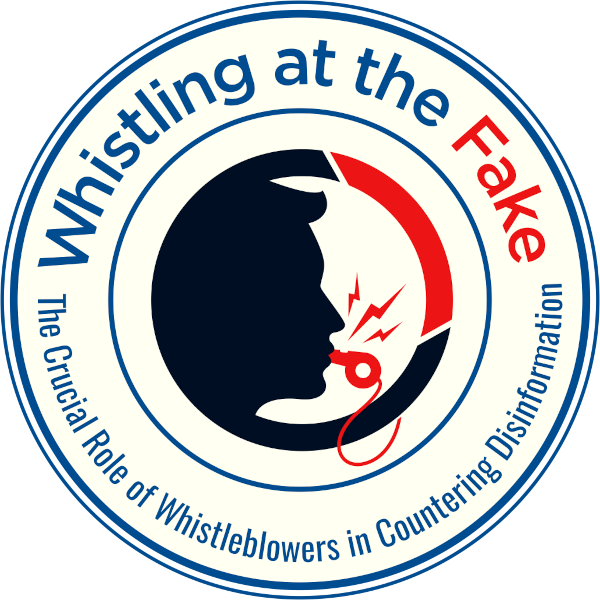

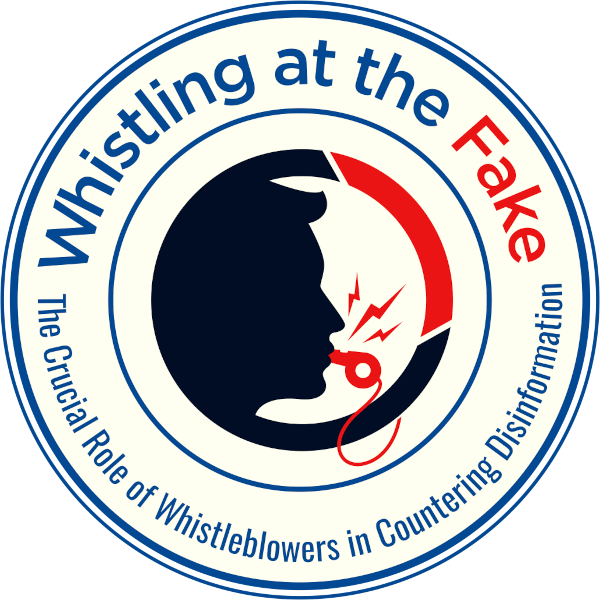
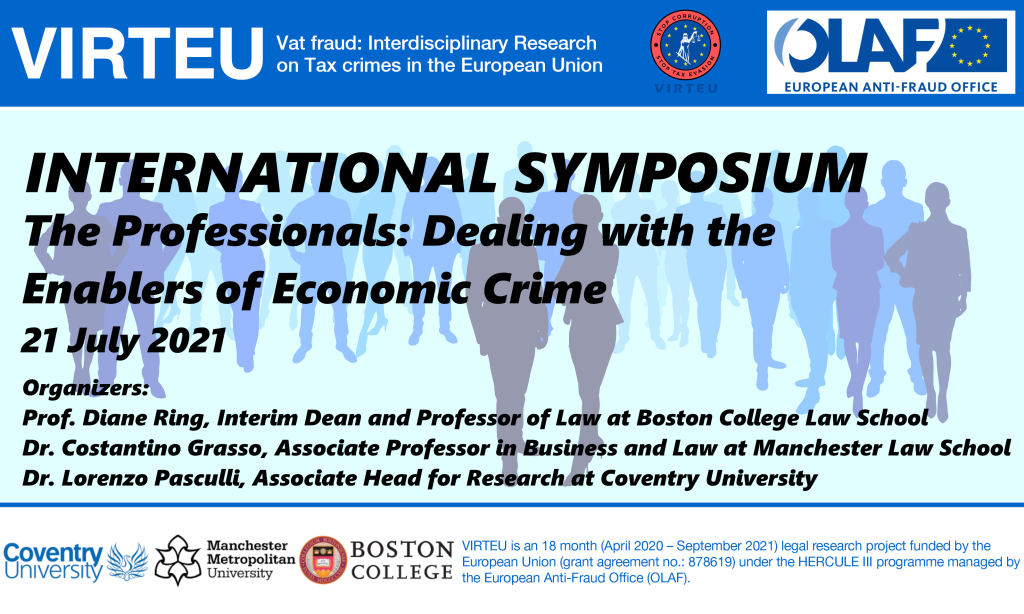
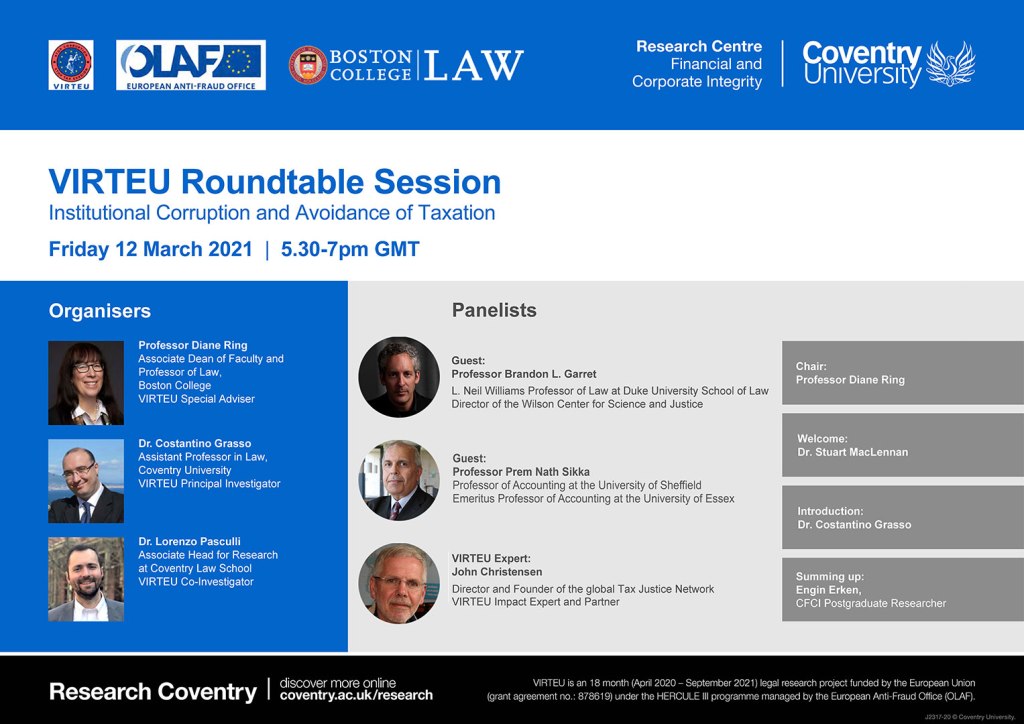
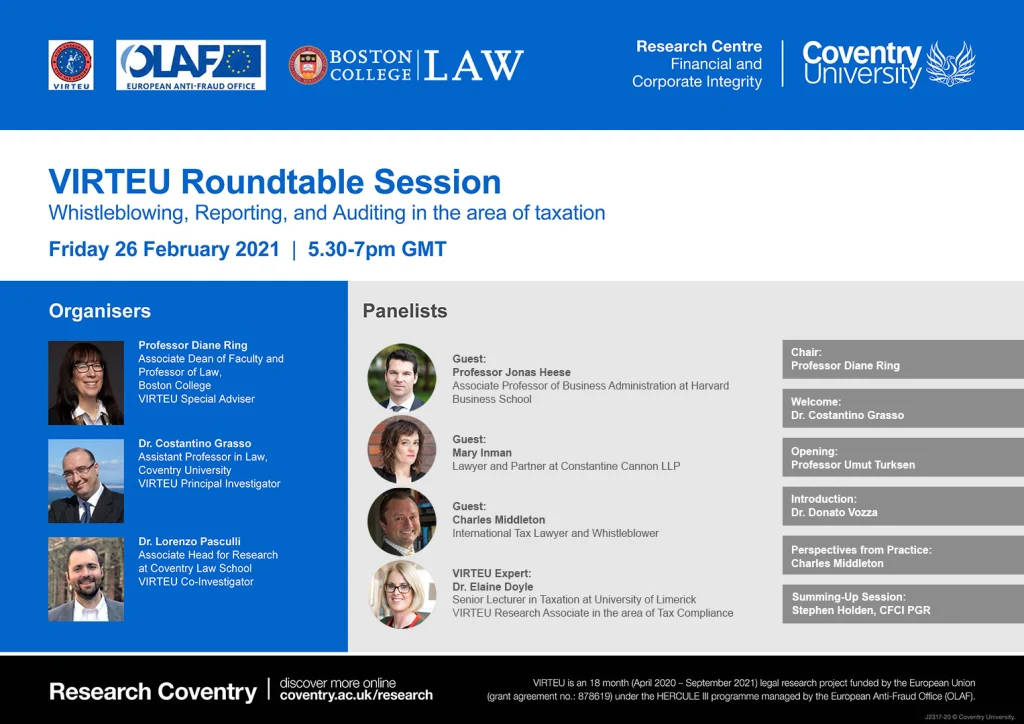


 About a month ago, California Governor Newsom signed the Fair Pay to Play Act, which
About a month ago, California Governor Newsom signed the Fair Pay to Play Act, which